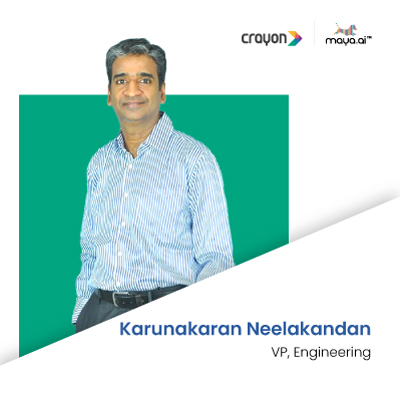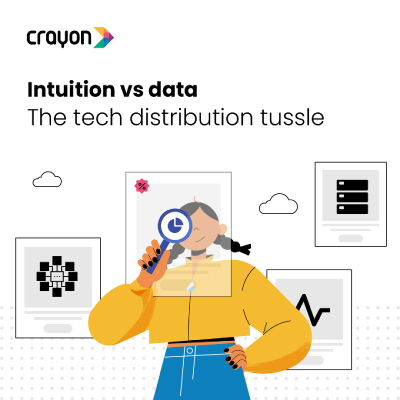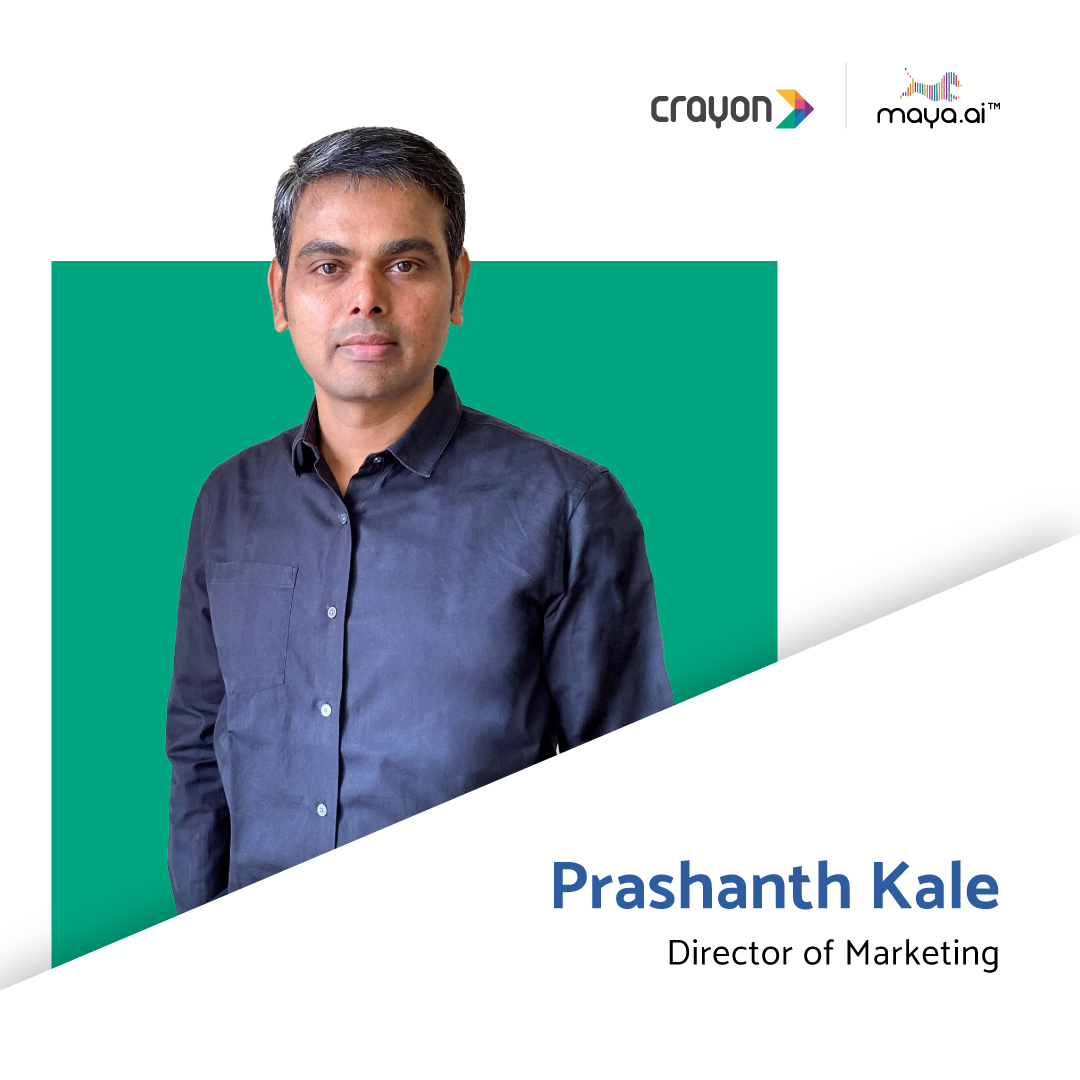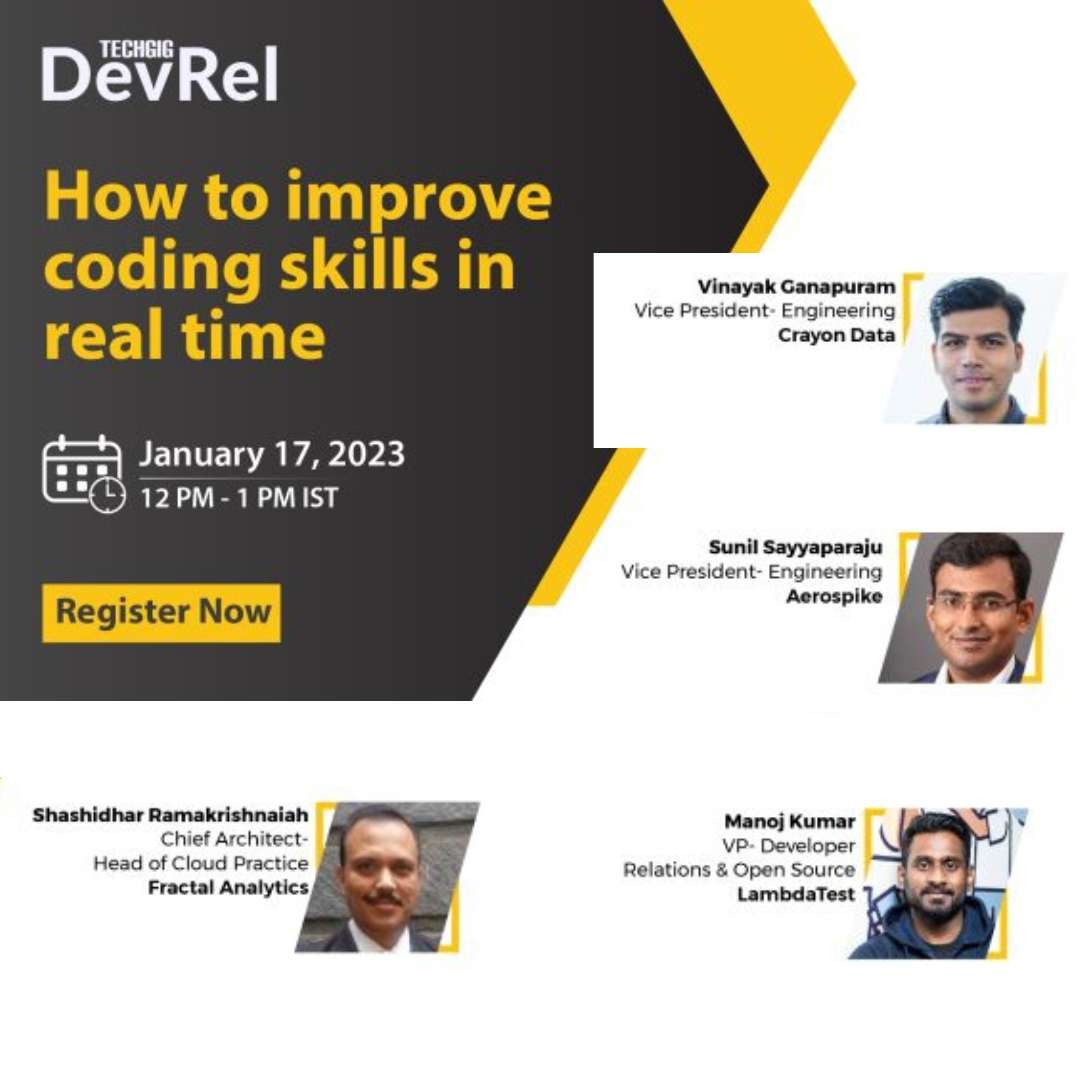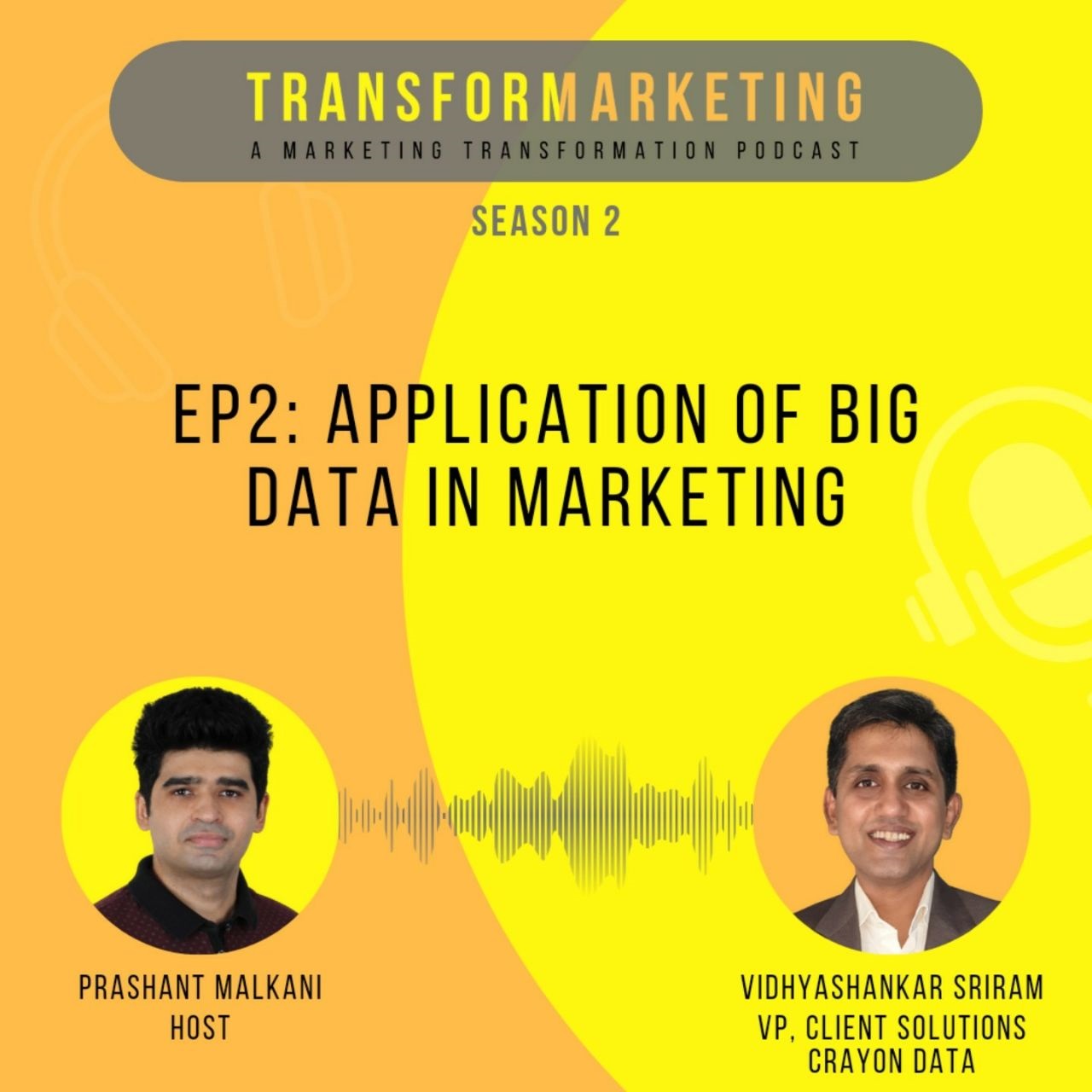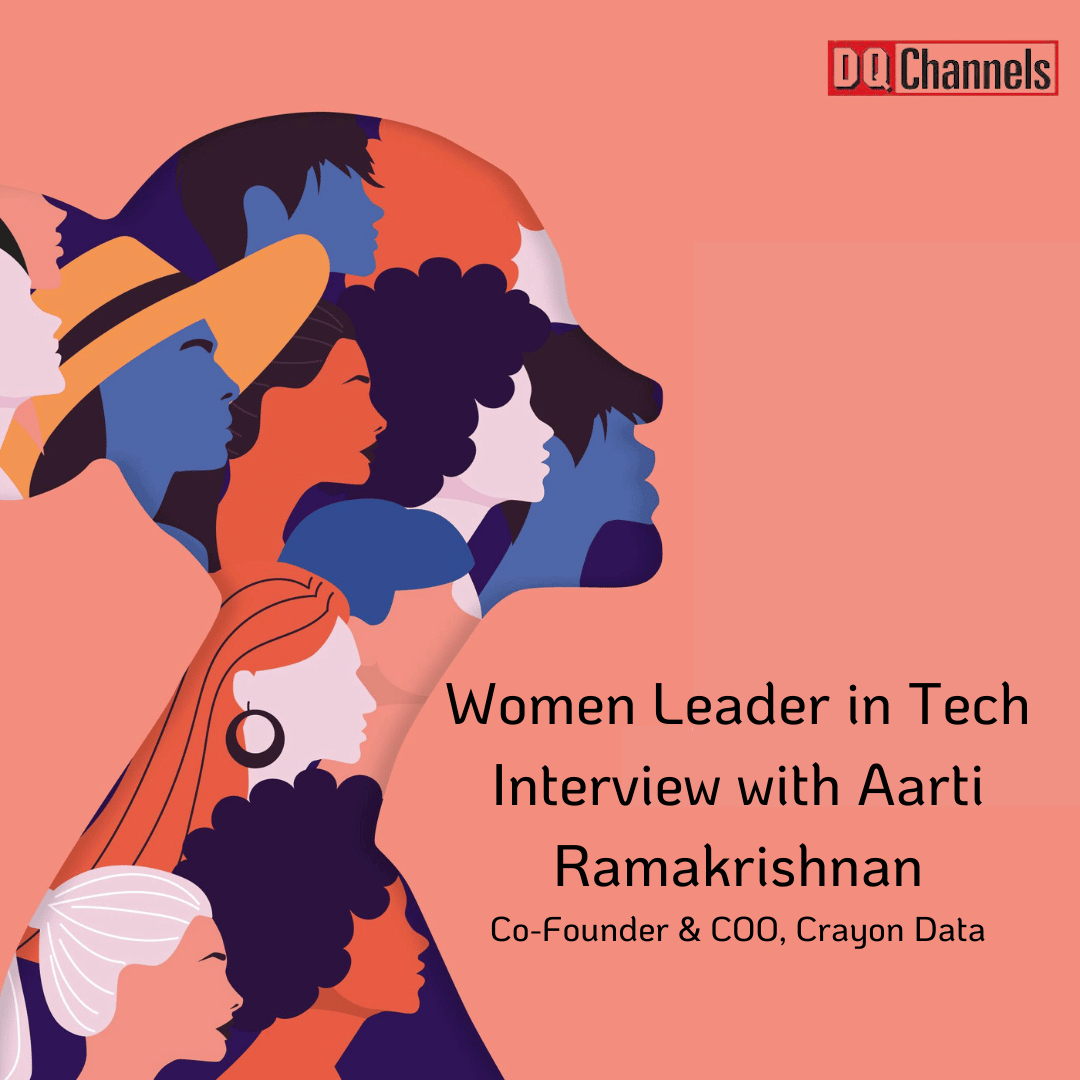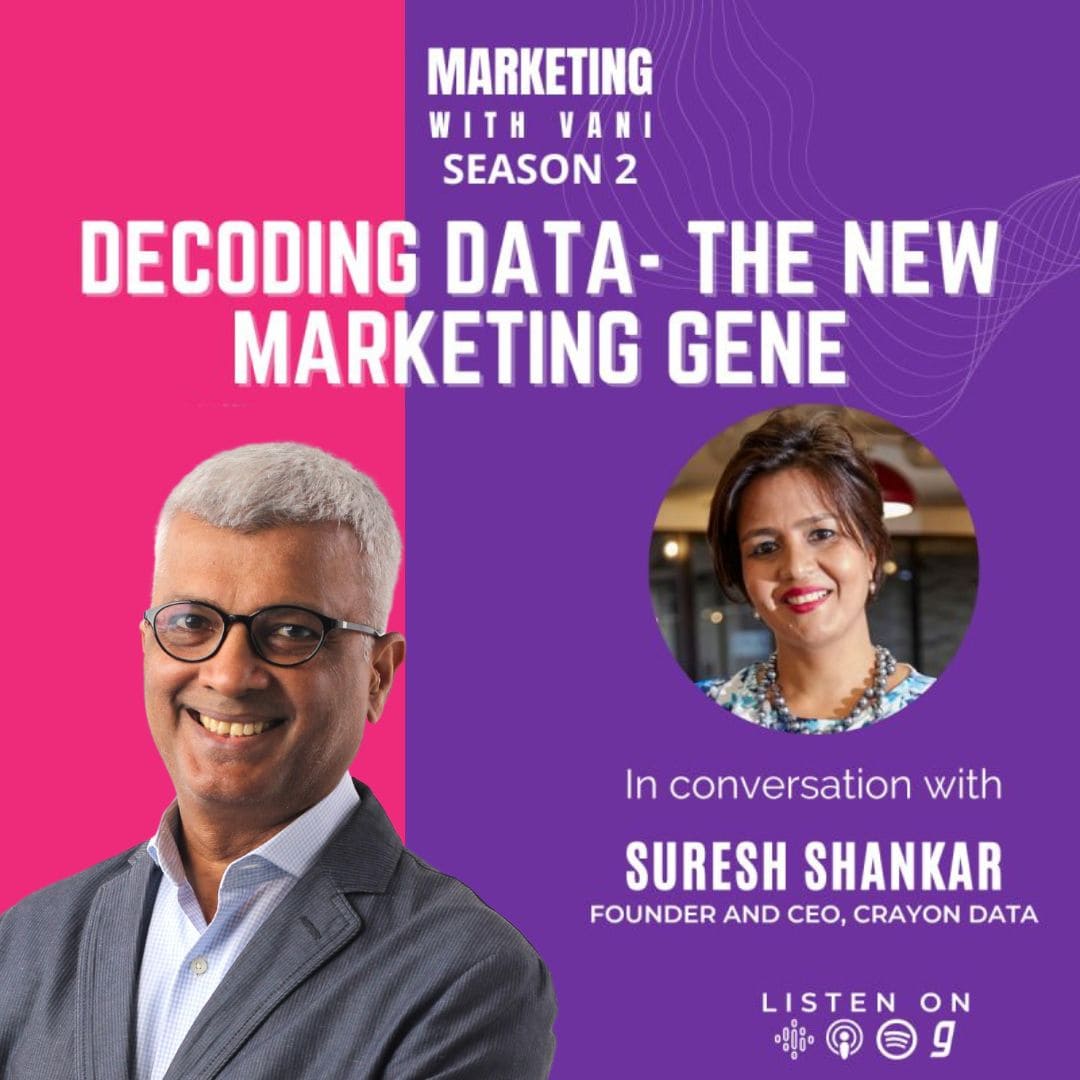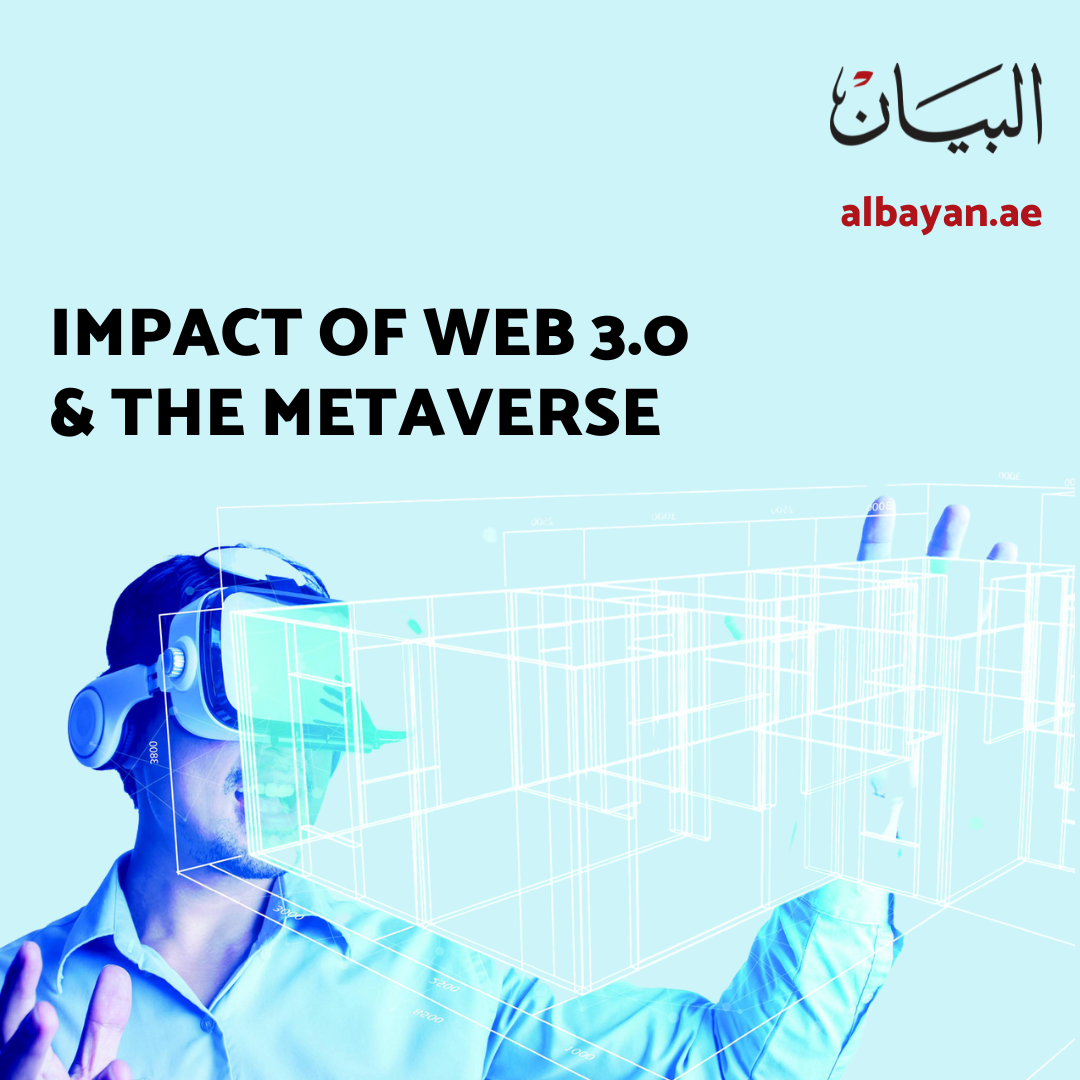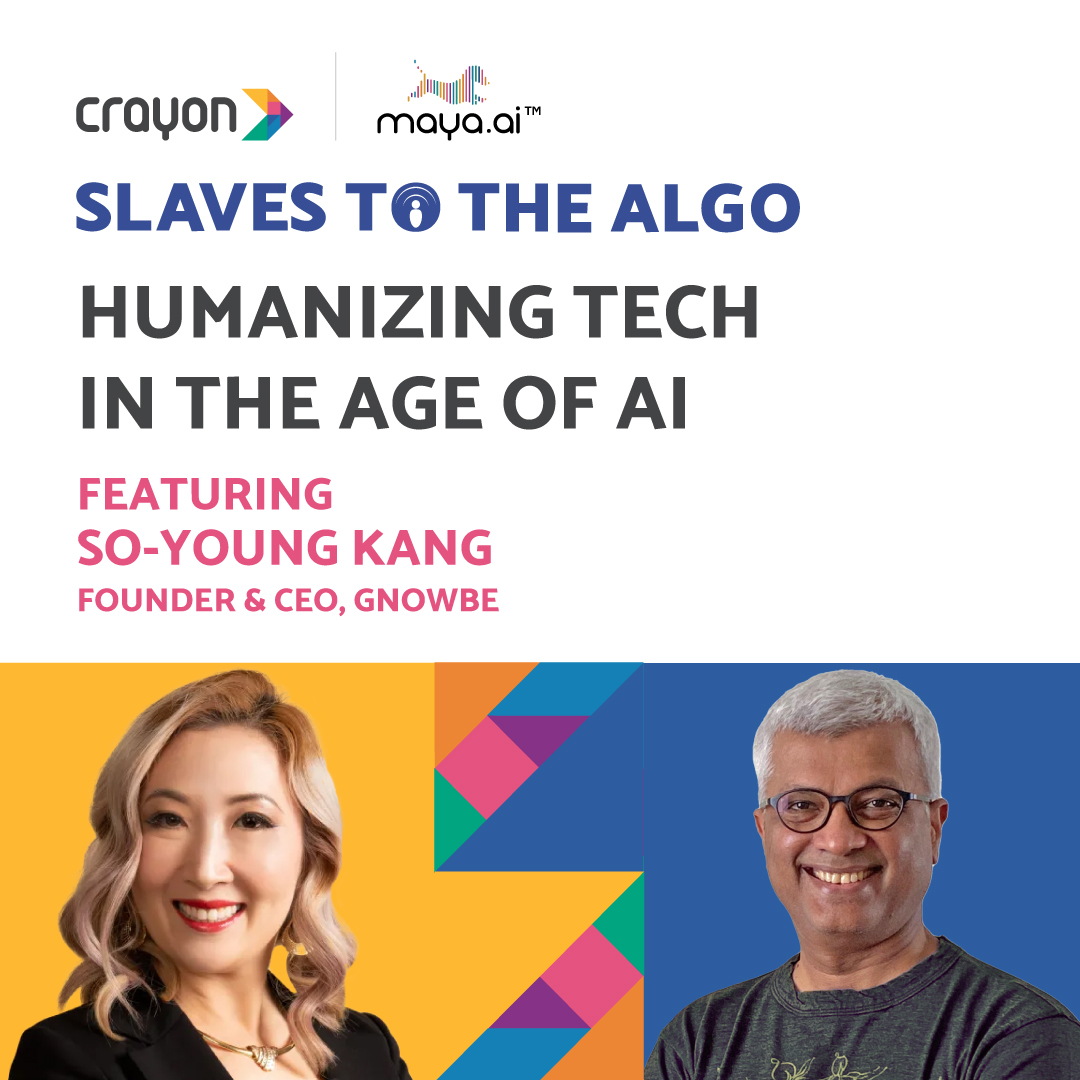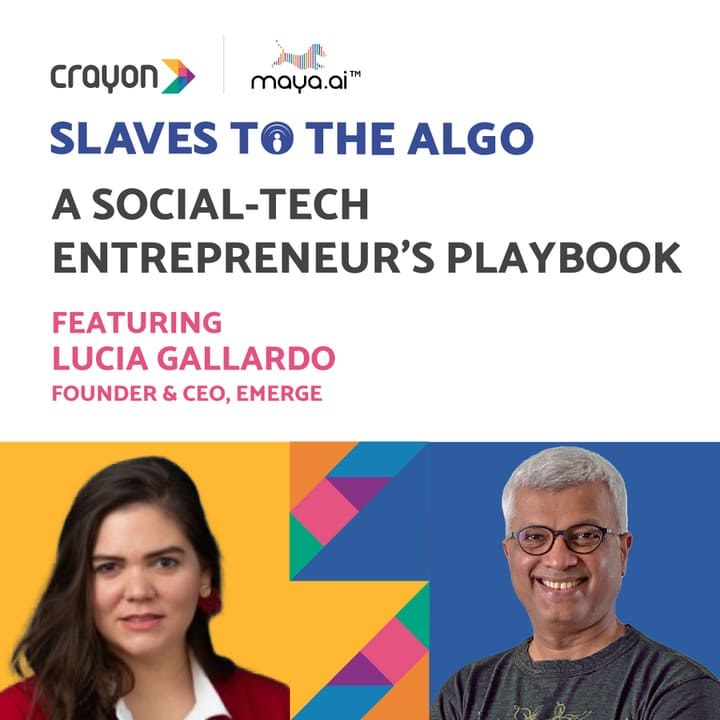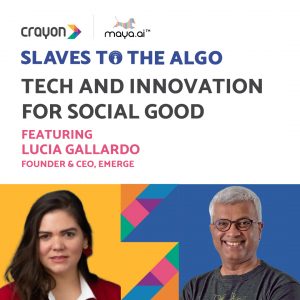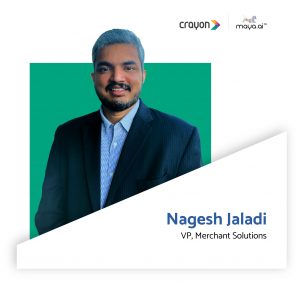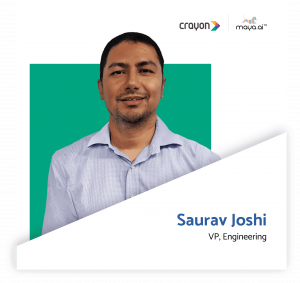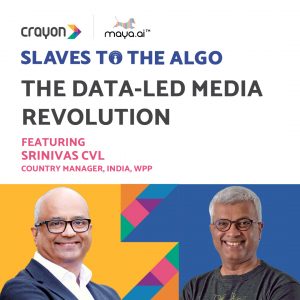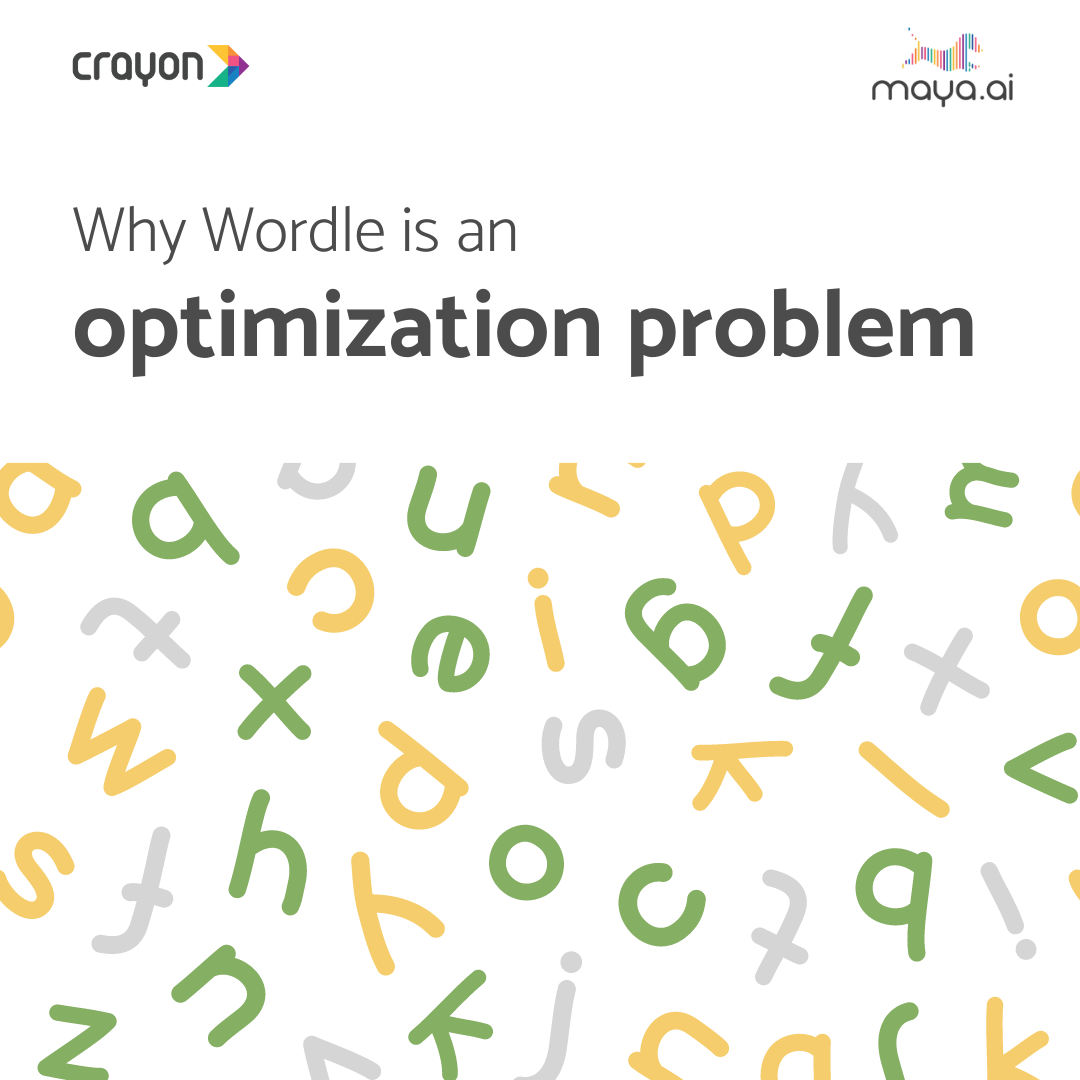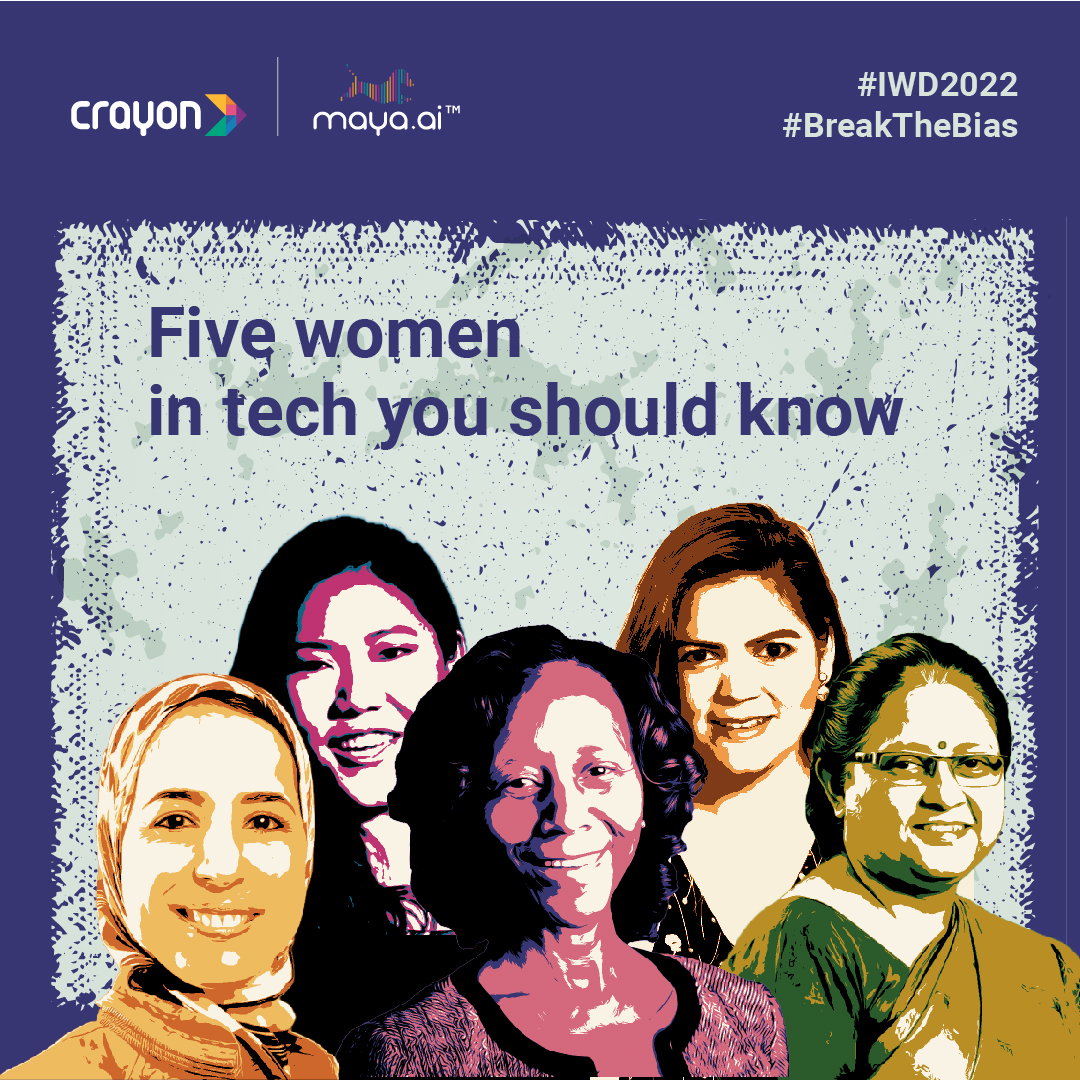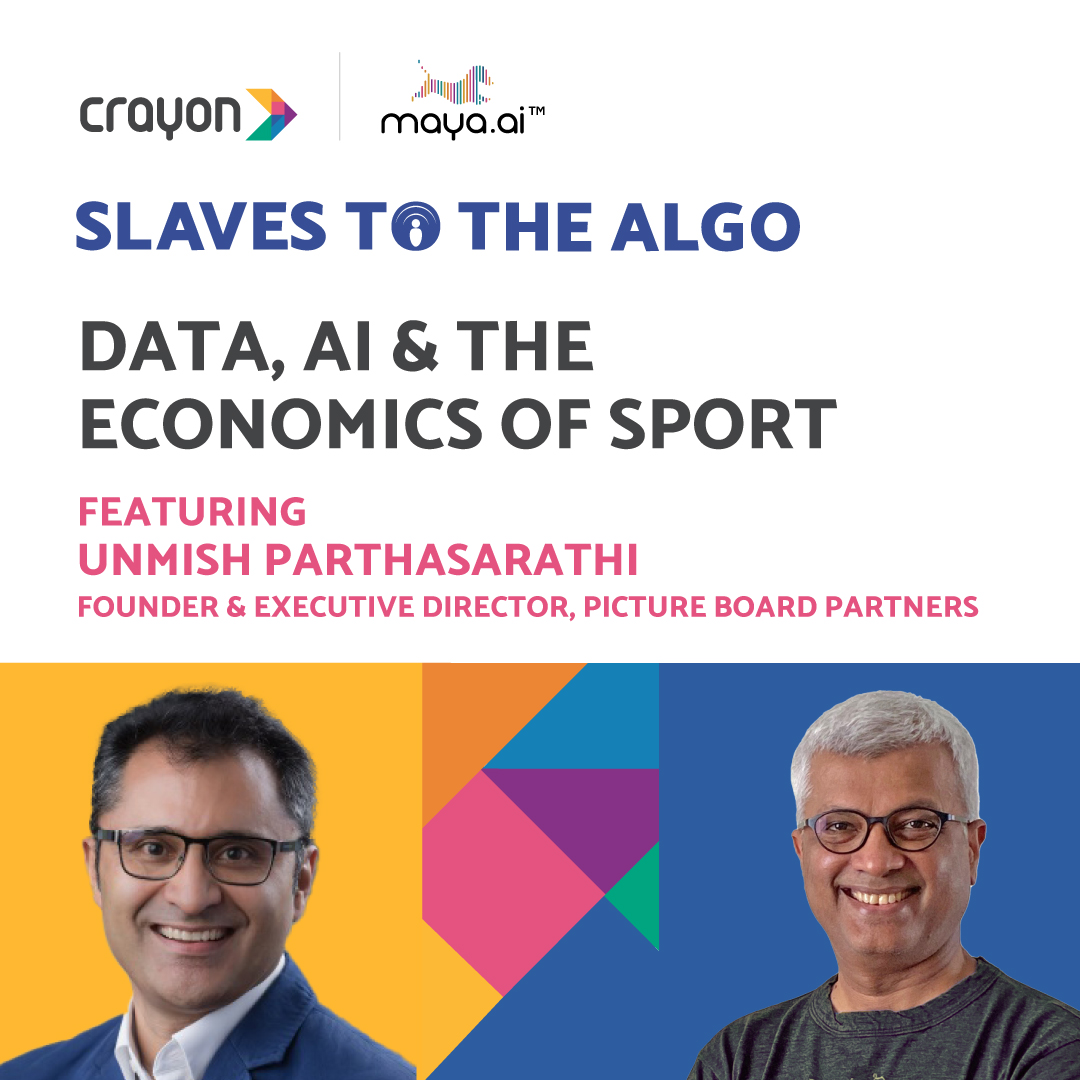Have we delved too far into data to ignore intuitive individual performances? Unmish Parthasarathi believes that there is more than one path to success.
Our most recent guest on Slaves to the Algo says, “Sports is unscripted drama. There are many playbooks which are massively subjective. The expectation of magic [data] and the idea of intuition overriding insights every time in sport will continue.”
Unmish is the Founder & Executive Director at Picture Board Partners. He is a sports enthusiast, especially in the field of cricket. He has held digital leadership roles for a decade each in the APAC and EMEA for media blue chips such as the BBC, Endeavour, ESPN STAR Sports, Fox International Channels and News Corp. He also helped launch innovative and landmark OTT video services such as the BBC iPlayer, ESPN Play, and BallBall-Dugout Asia.
In 2015, Unmish founded Picture Board Partners. The hybrid digital boutique provides strategy, sales & investment advisory to clients across sectors: Gaming, Education, Media and Technology. Or GEMS, as he calls it.
This one is for football and cricket fans, and everyone in between. Get ready to be introduced to intersections of sports and AI you would have never thought of! Will sports persons soon be slaves to the algo? Check out the full conversation between Suresh and Unmish below.
About Slaves to the Algo
Whether we know it or not, like it or not, our lives have been taken over by algorithms. Join two-time entrepreneur and AI evangelist Suresh Shankar, as he talks to leading experts in various fields to understand how they are using or being used by algorithms in their personal and professional lives. Each episode highlights how businesses can leverage the power of data in their strategy to stay relevant in this new age of AI. Slaves to the Algo is brought to you by Crayon Data, a Singapore-based AI and big-data startup.
Suresh Shankar is the founder and CEO of Crayon Data, a leading AI and big data start-up based in Singapore. Crayon Data’s flagship platform, maya.ai, is the AI platform powering the age of relevance.
How to listen to our podcast
Full transcript of the episode below:
Suresh Shankar
Hello viewers, the listeners. I am Suresh Shanker, founder and CEO of crayon data and AI and big data company, a podcaster. And host of Slaves to the algo. Slaves to the algo is my attempt to demystify the age of data and the algorithm, sharing my learnings and those of other leaders to understand how they’re using, or being used by the data and algorithms in our personal and professional lives. Slaves to the algo does not attempt to portray our futures either dystopian or utopian. It merely seeks to bring alive the use of data and algorithms more into our conscious thinking cells. And today, it’s interesting because I’m talking about a completely different area where data and algorithms are seemingly taking over that world and that world is a world of sport. And nor is the use of data and algorithms more intriguing in some ways in the world of sport, because traditionally, success in sports is always about talent and hard work. But what is increasingly becoming obvious is that data can shed light on why some sportsmen perform better on how they do it. Much in the same way that it’s being used to analyze and predict other forms of human behavior. Like you know, the chances that a person is a good fit risk or why people like one song will also like another and that my viewers and listeners is a thorny issue because we’ve all been brought up to believe that sports is the last frontier where purity of personal wealth is the only determinant of success and to examine how data and algos are increasingly becoming the currency of the world of sport, both on and off the page. I am delighted to have today as a guest, on which parts are the on red picture board partners on which is a fellow cricket tragic, he is actually managed to create a profession from his passion for sport. He started with IMG, the famous img which started the world of sports agency, and he said complete digital leadership roles in multiple countries in Delhi, London, Dubai, Joburg, Singapore, he’s also managed to make a career of traveling the world trying to do this profession. And he’s done this with multiple media and sports councils like the BBC, Sports News Corp, the ICC, etc. And one which likes to describe itself as a person who brings together theses content, code and commerce. Our focus today is where does the code drive the content and the commerce and currently on which is founded picture board partners because like he said, he said, let me make a billion so just a sports fan making the billion and it’s a practice that’s in the gems, sectors gaming education, Media and Sport. And he works for clients like the ICC International Cricket Council, one championship, people like Twitch and gaming and Microsoft and, and food channels. And you know, you name it, he’s he does it. And his name is Parthasarathy and used to travel a lot. And the fun fact is that some airline crews actually learned to pronounce that name. Welcome to the show. And Mitch,
Unmish Parthasarathi 4:11
thank you very much. Thanks for having me. We have taken the field, often in the background right behind me at the parang in Singapore. A big fan of you both on and off the pitch. So thank you very much for having me here.
Suresh Shankar 4:25
That’s very nice. And I was just going to remark on that that piece of land out there is probably one of the most valuable piece of land in the world sitting in the hardest Singapore. And it’s such a wonderful thing to play cricket out there like old mansion I have for for many years. Anyway, I like to start the episode always by asking guests a slightly more personal question. And while we’re all professionals and we affected by developments in technology and data, we also affected individuals by developments in AI. And can you share with us some example of a great algo that you’ve come across that’s impacted your life positively or negatively? And in your case, I want you to reflect in Tell me about the Amazon recommendation, I want you to pick something from sports that you just absolutely love or hate. I’m going to give you mine to kick this off. I heard that just before the Rio Olympics, the British Cycling Team did something and they figured out that they eat their shots, they get a 4% improvement, they got a 4% improvement in performance, right? So what’s your favorite algo in sports,
Unmish Parthasarathi 5:20
there are enough people who can actually perform better if the heat is in the posterior. So I think that’s, that’s a that’s a fair call. Look, you know me long enough, Suresh, I don’t take myself seriously. But I do take my work extremely seriously. And so I’m gonna give you three, and I talk in threes. As we’ll see in the course, the next 45 minutes to an hour, I’m going to give you two sets of triplets. At a personal level, the three thing which sort of transformed my life. One is LinkedIn. You know, I was an early adopter, which is very rare for me on technologies I adopted in 2004. Three and business school were way back. And today, and it’s it’s my only social media network. And it’s phenomenally useful in terms of the information it provides, or how I connect and, you know, to your point on the last podcast, where relevance read leads into ecosystems, and it has a multiplier effect, a huge, huge base. Second is Google Alerts. Every time I’m tracking a particular issue, or a particular client or a particular partner, or a particular organization, Google alert has been tremendously useful in a very time efficient way. To be able to sort of help me with that. And lastly, something which you may or may not know, I don’t have a driving license, I don’t drive. And I haven’t for over a decade, whether it’s a Tesla or something else. But my wife in her eternal wisdom I’m ever grateful gave me an app called go there was a Singaporean app called go there, which allows me to work from A to B. And in the public transit was very good in Singapore. So whether it’s by by taxi, or by bus, or by train, as the case might be, so that’s the only reason I get back home at night. So that’s on the personal front, on the professional front, I think the three biggest sort of algorithms, which are very much technologies of this decade, which we work a lot with our clients and partners. One is computer vision. I think a mini vision has got tremendous scope, we began working in 2015. My second client was a company called Blippar. And they were looking at computer vision and all that kind of stuff, machine learning. And then since then we’ve found, you know, work with companies like stoupa in India and work with some other companies as well who do phenomenal work around sponsorships and player tracking and all that kind of stuff using an Android smartphone. That’s it, as opposed to you know, something which is worth 400 bucks as opposed to $40,000. So that your democratize his knowledge and the dispersion of knowledge, which is very, very big, and we’ll talk about that capturing knowledge and dispersion, huge, huge difference. So communication is one the second is I think a word broadly called mixed reality, I wouldn’t say augmented or virtual as the case might be or or the M word. But but you know, I think mix reality has got tremendous applications. You know, whether it’s security, whether it is in surgery, as the case might be, but also in terms of sport, both on and off the pitch, you know, for the athlete and for the fan, as we probably will talk about. And the third piece is machine learning in the audio space. So in a lot has been spoken in the last decade about over the top OTT and video Netflix, or Amazon Prime Video and news feeds new tubular kind of stuff. But I’ve been tracking what did you audio over the last five years, and much more on the on the on the on the linear nonlinear audio side rather than the music playlist side. And there’s a company in Delhi called company, which is sort of founded by the found form of one of the former founders of sovereign, which was bought by GE, and reliance. And they have basically began as company of course means news of happenings in Hindustani and Hindi, but they pivoted during COVID into an education business. And if you look at you know, the negative correlation between literacy and education, especially in emerging markets, where you don’t have to be literate to get become educated, oh shoot massive impact. So computer vision in terms of you know, all that sort of elements can provide around sport performance sponsorships, all that kind of stuff. Mixed Reality in terms of providing an engaging millennials, such as you know, and Gen z’s. I think we have a sample size of one living with us as our daughter, and and machine learning but more on the OTT audio side. So those are three things that is a big focus for us for this decade as
Suresh Shankar 9:22
well. And that’s an extremely interesting thing, including the fact that I just discovered that you don’t drive you used to be able to play the color driver, though. Right, but you could play
Unmish Parthasarathi 9:35
this, let me just say this being always I’ve always driven on the right side of the road. And the left hands very important gearshift, unfortunately, doesn’t that doesn’t translate my baton. So the bottom line is too strong. The cover drive is you know, I appreciate the compliment. But, you know, I it’s it’s been a rarity occasion.
Suresh Shankar 9:54
Anyway, to come back to I think one of the things you picked about which is computer vision, right. And you know, I think when I look at algorithms and data and sports. You know, broadly I think there are multiple ways in which impacts it. One is what I would call when we discuss this, you know, the on the pitch, how does this actually influenced the way coaches players use it to improve performance on the field of play in different sports? And the second one, obviously, is the increasing use of data and algos off the picture of the field, which is the commercial aspects of it, how are people you know, value being placed on things etc? And perhaps we should start with the on the bid side of this? Because that’s really where I think the whole clash between or is there a clash between man and machine, and people come in, right. And one of the things like I said in talking about computer vision, and we live in an era where you know, digital technology is like, you know, people are basically filming everything in sport. And a coach has today earlier coach would be basically driven by what he saw with his eyes and years or horizon years. Now we have a battery of coaches, but now we have another set of eyes in years to improve team performance spot something, how are people playing something? When should a person be pulled off? Like let’s say a football thing and when should a person be you know, substituted be brought on etc. So what kind of can you give us some examples of various sports of how computer vision or the soul analysis is being used to actually improve on field performance?
Unmish Parthasarathi 11:25
So no, great question. So let us break down the the on-field piece into three things. Right. I think that three pain points or objectives that algos can provide, as far as this on pitch, dynamic of sport is concerned. One is discovery. You know, how do you discover talent or elements of talent, you know, I was reading an article about the IPL auction, who can actually play the goalie better. And who can pay the googly better in the first six hours in the park with and afterwards, you know, that’s discovery. And they will do find somebody from way beyond because of the data saying that these guys actually had better again, left arm spin with the new ball come around the wicket. So then discovery is one I think refinement is the other way, once you’ve got the talent, you burnish the talent, and you know, you polish it to make it make it match ready. And then the third aspect is performance. Because just as you as a batsman or bowler have access to eyes and ears, as you said, so does the competition. So you know, how do you continue to evolve as a player as all of us as professionals as well, and individuals and persons in life as well. So I did discover, refine, compete or discover, refine, perform. And those are the three primary buckets that are back who tend to situate the on page use of data and algorithms.
Suresh Shankar 12:43
And when you look at that, so for example, let me take the PErforM bid because that’s the one that’s interesting to me. Let me take, you know, cricket with the game we both play. And you know, today in many of the things people are being told we extensively analyze this batsman, we know that if he comes on a play, you got a ball, a particular kind of bowler against him or even tiller, even just a left hamstring, a ball the ball just at this particular length on this particular line, keep it there and you know, he’s gonna make a mistake. On the other hand, the batsman is going out there, I presume the batsman side, as you’re saying is also telling them listen, you don’t do this pretty well. Watch out for something that comes in this is why the bowler likes to bowl together. Now, in a way, you know, like I said, this goes against the fundamental skill that as a player, and again, it doesn’t matter whether it’s cricket or football, I’m getting out there and my feel for the game. I mean, I know all of this, my mind is also already a supercomputer calculating all these odds and adjusting it to play. Right. So where does the data in this help? And where does it also start to hinder performance? How much do I get messed up in my mind because I know the ball is going to do this. Or, you know, take a sport kick. I mean, like, you know, everybody’s told the goalkeeper goes one way the goalkeeper goes another way. How much? Where does all this like, you know, like I said the use of data helps you? Where does it you know, hinder us as an athlete?
Unmish Parthasarathi 14:05
So I think I think there’s a there’s a balance between intuition and insight, right? Fundamentally, an intuition is something where there’s muscle memory, which is important right? So you know, how do you I said, I hit a cover driver how to get the corner of the, of the goalpost when take my spot kick. The inside it is how you actually manage your intuition and your muscle memory in a moment. Where it’s not muscles was actually the nervous energy and the moment which actually is creating a lot of noise for you. So you need to situate the ability to perform an action as opposed to bringing your action to bear to achieve something in the moment. You know, again, if you break it down from intuition to insight, it makes a lot of sense. It’s like a lot of good students are not good examiner’s but a lot of high achievers in a high The academic environment are good students and good examples, the classic example right? So if I give you two other examples to sort of compare and contrast this right, the heart and the mind kind of thing, if you look at Callanan and worn, famously was ones bunny, right? That battle was lost in the mind. Very early on. And this was before some microphones went up, and the legend of one was there, and all that kind of stuff happened. If we look at one on broad, you know, he’s been working on him in different ways on different kinds of pitches in different kind of countries. Around the wicked over the wicked, you know, whether it’s just shot of land, or whether it’s going across him sort of full length or short ball, and how you set him up. A lot of times, people tend to forget that dismissal, and cricket is not a silver bullet. Here are some of the parts of what preceded it. I was just watching the India England on 19. Final last night, and there was a very crucial wicket that happened where the English player was batting number four, but 95 Taking the score from nothing to something, the opposing batsman had a maiden over and the first ball the next over, this guy got out, and that does John’s done the match. So instead of chasing 181 90, became or insert chasing what to 60 to 80 become a 190 chase. Huge difference. So the point I’m trying to make here is that intuition is important insight is important. The only difference is that insight allows you to zero down on a particular moment in time, with a certain set of circumstances, which are predefined. And that’s what
Suresh Shankar 16:33
I’m kind of trying to narrow in on a little bit of Sharpie on what you just said, right? I think we’ve always known that right? We know that some people are certain bunnies even without before even anything like data existed. I knew when I went out to bat that some guy is gonna go like this, or when I’m bowling that some guy prefers to play it out here. So you have your own set of data in the previous world, which was based on some level of observation with your eyes and yours, what seems to now have happened is that you are supplementing that with a huge amount of actually computer vision and analytical data saying this is exactly what’s happening. Right. Yeah. And, and that to me, is, for example, if the football I mean, it’s game I know, we both follow up. You know the way you press a team like you know the way flops teams press or Guardiola teams press, they almost say when you do this, we know the opposition is going to react like this. Right? So that’s, I guess the question now you’re being told as a sportsman. On top of what you already know, I’m going to tell you to do this. And as a as a sportsman now, I’m being told it’s not my talent. It’s not only my intuition, and all of that, but I’m now being given a set of data, right? So how do people you’ve talked to some top sportsmen in the world, you’ve done that stuff? How do people react to this whole thing of saying, I’m going to get an input on data bowl like this, I’m like, I’m a bowler. I’ve been trained to do this all my life, you’re telling me you can do better? So there’s that? You know, how does that actually work? In reality today? Are people are players open to data? How do coaches interact with them on this kind of stuff?
Unmish Parthasarathi 18:09
Yeah, so okay, let I’m gonna sort of answer this question in two different lenses. Let’s talk about the player first, right. And if you look at the last 20 years, and you go across from west to east, right, big baseball, basketball, big European football and cricket, the volume and variety of that sport, an athlete has to play on annualized basis, and the course of a 10 year career has been a huge multiple, right? At the same time, the market dynamics on the price of talent, and the risk of injury and insurance premiums has also gone up sampling to again, this context of how do you optimize an asset. So that’s my first point. My second point is because players realize that, you know, professional careers are, you’re always a second away from an ACL, which we’ll see are the game. And that’s all you’ve done since you were 10. Conversely, if you play well, for even five years, you’re done for life. Therefore, to your point about receptivity of players, and the, you know, the social mores, or the lack thereof, which allowed them to be open to data is much more because the stakes are high for them to which wasn’t the case a decade ago, in the sport of cricket, for example, I think, I think I feel it’s changed that, just as the Premier League changed a little bit in football, right. That’s my second point. My third point is keep in mind that performance is not necessarily only a function of a player or an athlete. It begins all the way from when the player is bought. We have the IPL auction next weekend, there are significant calls being made a million here, a million there. So big call being made. We have a $10 million budget. How do you play with that? That’s a huge piece which will play out over 36 months. So that decision making also is very important because it fits into as you were saying, What’s your larger game plan like? You know, it took him three years for Liverpool to actually get on to phenomenal, right, like Dodman. So I’m making three points, I think one is in terms of volume and variety. Two is the stakes, and therefore on pitch, and along pitch stakeholders and how they’re using that a lot more in terms of the economics of the sport. And the third is therefore the general receptivity. And therefore the magnitude, and the frequency with which data is being used, is exponential.
Suresh Shankar 20:24
And I get that I’m just thinking, I’m a sportsman, I’m a simple guy, more sportsman are young, I’m 19, I’m 20. I’ve been told I’ve trained hard, I play this, I am now being told to go out on a page, let’s again, take cricket or baseball, which are similar games. And I’m just told this ball, whatever it is, don’t bother about everything else, just go and try and hit this down for six, or I’m a bowler and employ just bullet outside the option, don’t worry about the consequences. Isn’t that go against the very ethos of what a sports you know that that whole combat thing is where I’m supposed to work this out, I’m playing with somebody else, right. But the tactics are kind of completely dictated by what your analyst is telling you. And doesn’t that take away a little bit from the magic of the moment in sport.
Unmish Parthasarathi 21:11
So I don’t know the difference between serendipity and magic. Right? Serendipity is when you sort of see the tea leaves and you you see the macros coming together and you place yourself magic as as a fan. And you can do that as a fan, you can tell as as a talent scout, you can see that as an agent, you consider the broadcast, you can see there’s a brand ambassadors, you can do that, as a coach, of course, is there anybody I can sort of see that where this is going right? Rishabh Pant was a big deal. You know, how do you sort of see that coming through, then there’s magic, where we don’t quite know how somebody does a performance. Right, which to my mind is actually the, the essence of sport, right? The converse argument is, was the VINCI an artist or a scientist, was Steve Jobs an artist or a scientist, a lot of art, and the music, music topology is historically pneumatically driven. Right. But the beauty of a symphony, the beauty of Iran, depending on whether it’s Comala, Theva, and all that kind of stuff, is based on a mathematical cadence, it’s just that it’s not taught as such. And the perception as a consumer of that content is not that or it is being defined by data, I think it’s being enabled by data. But the human agency is never lost. And to my mind, actually, today, there’s an even bigger chance of magic, for two reasons. A, you will have your Pravin Tambay’s of the world coming out of nowhere to perform, because they’ve been picked using data. But also you will sort of see a lot of players playing well into their 30s. Because the biomechanics that they’ve got, which is all behind the scenes, just don’t something you see on the court or on the pitch is being taken care of in terms of longevity. So to my mind to be able to have Pedra for additional decade, you know, when Jordan came and went, I think it’s a huge piece of the fact, it just increases the window of magic. So I think there’s a distinction between serendipity and magic, there’s a distinction between longevity of performance and frequency of performance.
Suresh Shankar 23:11
And I’m going to go back to the first one of serendipity and magic, because it’s such a beautiful way to kind of talk about the use of data and that right? Again, I’m going to pick football just so that we keep the audience thing. There’s a moment when you give the ball to Mohammed Salah after poll just outside the box on the right, where he basically you know that he is going to kind of cotton, dip his left shoulder, dip his right shoulder go past you, as a defender, I presume you’re told that this is what is going to happen. The data exists. I mean, if you and I can see it as fans, those guys who are paid a lot of money, millions of dollars can do it. Now, where is that moment when you know, you’re going to get it done and you still get not met? How does that? Is that? Is that the difference? You have the data but you know, both sides have the data. Right? And then you know, one side is still going to win that thing? Would that be the difference? I mean, you know, is that the kind of thing that talking about when you talk about the magic that a sportsman still has Beyond the Data.
Unmish Parthasarathi 24:07
Let me put this into a macro context. I question what the both types have the data going back in time. If you track the creation of Messi, right all the way through of a formal system at Barcelona, and someone like salah, or the entire generation of African players, especially the French African players have come through who came through a purely what I called magical non numerical system. Right? That’s a classic example of where the defender and the coach who’s basically it’s trying to work out. You know, what Salah do next. Based on the data the last five years, is forgetting that there’s an in there’s an intuitive part of Salah, which is 15 years old, for which there’s got no reflection.
Suresh Shankar 24:53
But if you look at data now and it takes, let’s say, over the last 10 years sports and starting with the whole Moneyball revolution Nate Silver and all the people who did baseball where a lot of the started, are, there’s more and more data available, right? If you take cricket, for example, on T 22. I know T 20 is about it’s about 13 years, 40 years old, but there’s been so much data available. Surely that’s not such a big issue. And, you know, when the data is available to everybody, and today it is right, I can go on and do my own analysis. I can go on to analytic five, you know, there’s a whole bunch of things that you can do all of this stuff, right? Where is the is now going to be the coach of the analyst. And there’s actually guys read this, this guy, Persona algo, Rama is known as P dog, there’s Dhananjay. There’s a lot of people who have actually gone out there, and literally made superstars into superstars. And you never know about these guys. So, you know, how, how does this whole? Are we going to see the coach analyst, as fundamentally that algorithm that sitting behind and becoming as famous or as rich as the sportsman himself?
Unmish Parthasarathi 25:59
Great question. Again, I, I would, I’m away, I’m a very one dimensional person. So I will go back to cricket. And I make two points. One, if you look at, you know, the recent Ashes series in Australia, and a lot of the press coverage after that, you know, the argument has really been happy gone through found the data to ignore the individual performance, which is intuitive, and in the moment, especially for a format like Castro case, which over 20 hours has a cadence like no other sport, compared to Peter Moore’s, who famously gave this one line answer in a press conference, which led to him eventually exiting England court saying, I had to look at the data, which, you know, it always happens in the cadence of the adoption, you know, sort of you certainly have the early majority. And then when you get to the late majority, there’s suddenly a bit of a recalibration of saying, What is this mix that we are looking at? And no, so long as their sanity in using that. And by by sanity, I mean, sporting sanity, commercial sanity and psychological sanity, then it makes sense. My second point is, I’ve got a quick question for you. I’m wearing a t shirt with an equation.
Suresh Shankar 27:08
I was gonna ask you about that one. Where is that where the IPL auctions gonna be held? I
Unmish Parthasarathi 27:14
mean, is that no, it’s not. This is an equation which is more than two decades old. This was an occasion which was used in the 99 world cup. This was an equation which began with deep research of two academics and then they actually add had to add a third record. This is the Duckworth Lewis stern equation.
Suresh Shankar 27:37
Is that so? Okay? Write
Unmish Parthasarathi 27:39
the word Lewis. Stoney, great, especially for users, especially for sales leads. Ingesting That’s it right now, you think about what I said about sanity, you know, sanity of, you know, sporting sanity, commercial sanity, and the psychological sanity of a player. Because people forget, you know, a lot of sport a lot of memories for is have a shelf life of someone who’s not thought of anything, but that store for 25 years has been tremendously lucky on multiple angles, to give us those magic moments. And then they go away. So the sanity of the of the sports of the athlete is very, very important. Now that weight loss is fundamentally defined to impact rain impacted, to solve for rain impacted matches, at the 1999 World Cup in England, which was held in the month of May, June. And at the time, when you know, rain was still a big factor. And I think all of the games a day game, if I recall correctly, the lights weren’t quite there by then. So this was about how algorithms and match allows you to provide sanity across the board for the player for the commercial partners, for the fans, you know, for the government supporting and all that kind of stuff. So I think there’s a balance as I was saying, on the ashes piece, where there’s going to be a correction and they’re talking about doubling down on the red ball, but fundamentally means that you’re doubling down to a more far more sophisticated cadence. It’s like being a hedge fund using data as opposed to doing an asset manager doing a blockchain you know, hedge fund is fun, the margin very reactive, or like as a blog trader, the fundamental strategic play, underlying both of these these trades is fundamentally maths and a lot of money. You know, we in the in the last two years have probably advised one to five different clients on blockchains. Which is interesting, you know, they’re making big calls on certain technologies in the sort of gaming sport media space and saying, how, you know, we’ve done the model come and pick holes in our known unknowns. So that to me, that’s kind of important, because that’s a Saturday from investor perspective.
Suresh Shankar 29:42
Well, there’s an extremely fascinating thing by the former Greek Finance Minister, who actually for a period of time used to advise this gaming company, called valve about how exactly the use of let’s say how people put in these things like digital hats and so on. and how you know these trades happen and how economic value is placed. So clearly, there’s a whole bunch of data that’s going into practically literally every industry. But But I come back to do you believe that magic is being lost the use of data? Or do you think that actually is being enhanced for the use of data? Simple question.
Unmish Parthasarathi 30:26
Magic has been lost and created. For every, every moment when you have abroad work, not to warm up to my mind is a phenomenal trigger. Don’t forget, he came in through the IPL route to make a phenomenal test Korea, right. So even the most numerous system likes FPGA cricket and great cricket Australia, you know who the most the earliest adopters of data couldn’t find him. And then he was really it was a surface. On the other hand, you know, magic has been created. Magic has been created by the different kinds of players, that that different kinds of coaches, using players have a very variable talent level of being able to create for the fan, which I think is very important for the sport, for any sport, to be able to come up with the consistency of magic moments is fundamental to the economic value and the societal impact that that sport has. So on the one hand, the traditional magic is being lost, as you said, you know, which is, which is very much the art not science. On the other hand, I go back to my point about biology of music, you know, all the use of 3d printing in ceramics and sculptures where you’re using science to create an expression, which would not have been possible had it not been for the data, and the underlying technology, which is creating it.
Suresh Shankar 31:44
The next thing you know, you’ll be convincing me that Kraftwerk which is great music, which it is not, without a shadow of a doubt. But anyway, to come back to one last question that I think on the on the pitch side, and I think this is kind of very relevant to a lot of fans who follow cricket. And this guy is probably one of the best known sports in the world. He plays his game that’s called, that’s not known many parts called cricket, which is Dhoni. I have not seen a person do you think don’t use this data? I mean, first of all, do you think he even looks at the data? Because he doesn’t seem to look at anything except I’m just going to be calm, no matter what happens? I’m not gonna change my formula.
Unmish Parthasarathi 32:27
I’m a huge fan of him. I was fortunate enough, I think so were you to be in one today and 2011 for the World Cup final? That was ice and veins kind of a moment. Right. And I would like to think that, you know, performers, I don’t think I don’t think it’s a sports and I think as a performer, I think performers are on a different level. You know, they don’t necessarily look at, you know, intuition, or insight or instinct like we do as an in a discrete piece. You know, they just, they just compose a symphony by just picking things out of out of thin air. So I’ll give you an example. was the decision to promote himself ahead of up, you know, was he sitting with a calculator and characters and Patty? No way.
Suresh Shankar 33:16
Right. I was at the IPL, semi final this this year, last year in Dubai. And he came out ahead of Jadeja with three overs to go and I’m like, He’s lost it. What’s he doing? He’s not the guy he won. And he made 16 rounds and four balls, right?
Unmish Parthasarathi 33:33
You know, and my whole point is, you know, 16 rounds of football, as he quite rightly said, as opposed to whatever he made 80 or 70, or the World Cup final, which is a very different piece altogether. But my point is, you know, performance at that level, are like performance at most levels. But you know, entrepreneurship, which is yourself, be it medicine, be it defense, be it education, you know, their playbook is so, so simple, yet a sophisticated mix, it is sophisticated in the value that they are able to create, and is simple in terms of them being able to explain the capturing of that value. Any any any value proposition is to think to create value capture. And if you don’t do both, often, you can simply capture it and make it a sophisticated in terms of, you know, how you how you how you sell it, which is where agencies make the money
Suresh Shankar 34:24
that’s being spent to literally Oh, boy, you’re also being of the broadcasting business. Now, if you take any sports broadcast, any sport in the world, there’s a free, there’s a pre broadcast, and there’s a post immediate analysis during the halftime or the lunch break or whatever. It’s always experts, sportsmen who played the game, and they’ve got these sophisticated visual things. They’re saying, This is what happened and they look at this, and they’re trying to put all these graphics and predict all that analysis. How much of that is, you know, I mean, I know it’s nice and it like kind of tends to give an area of science to this whole thing. Yeah, but I’m just wondering, when did these guys ever do it? I know, maybe the technology was playing. But do players actually go out and listen to that thing? Or is it all just like, you know, casting techniques?
Unmish Parthasarathi 35:13
Yeah, multiple questions. Let me let me unpick that, again, I’ll do trees. What are you looking at us? We’re going to sports broadcast, you are trying to satisfy three primary constituents. Right? You’re trying to satisfy the fan. You’re trying to satisfy your media partner. And you’re trying to satisfy the future fan. Right. So existing fan, I was a media partner, commercial partner and future fan. The current fan, you need the credibility of players and number of commentators who haven’t played the 20 Cricket, who are commentating and T 20. Cricket goes back to your first point. But it brings credibility on day one. That’s that’s one piece of the puzzle, right? The other piece is in terms of satisfying your commercial partners is about staying relevant in being able to tell a story, it’s a broadcast, it’s not a narrow cast. So you got to have the players, you got to have the stats, you’ve got to have the augmented reality set, you’ve got to have the high definition video. And you’ve got to have the music which goes backwards and forwards. All of this comes together fundamentally to address four or five different segments. For as we always call it, you know, the fanatic the fan in the follow up. That’s my second point. A broadcast is fundamentally a portfolio play of interest groups, right? The third piece is ensuring Future fans. Now, that’s where I think this whole notion of bringing the fan closer to the action, whether it is you know, augmented reality, or mixed reality, as I mentioned, we work with a company in Bombay called Quidditch innovation labs. They are the ones who actually do the field positionings on cricket, which you can’t show on a live broadcast and camera one, right? Or you look at, you know, in the in the fair, I think 2018 World Cup where viz RT came up with this in studio graphics set, where the former captain of a particular team was in the panel actually walked out 180 degrees into a green screen, positioned himself to where the defenders were lining up for a free kick, and said this is actually where they didn’t anticipate the move. Now, that is no different than a Dota. Two, going back to your Greek Finance Minister, and that way, it’s fundamentally immersive stuff. And instead of actually providing skins in a game and an avatar, you’re fundamentally taking the old retired sports person into a current day scenario, to tell something about what they did in the first person, visually, so that he actually appeals to the next generation who are fundamentally Roblox natives as opposed to digital natives. So you know, I think that the multiple pieces in your questions I’ve kind of answered, as usual. But hopefully biggest answer that?
Suresh Shankar 37:43
No, I think deconsecrated Well, but, you know, I think we could go on forever on this whole on the pitch thing. But what I’m going to do is I’m going to I know you’re the guest on the show, and you’re the expert, and I’m not, but I’m just going to give my own thing partly as a sportsman, partly as a person sitting in AI, right. I think, for example, when you’re and I think the same thing is true, whether you’re a sportsman or an entrepreneur, you have playbooks, you have the data, you have what everybody did you know, what you’re supposed to, you know, what metrics are supposed to drive. But whether you’re an entrepreneur, but I think even more so in the world of sport, one thing I have, at least always felt is when you go there, and this is perhaps what you describe as a magic, it is still fundamentally down to the level of skill that that person has to be able to execute that, you know, whether it’s ice in your veins, or whether it’s just your innate ability to kind of add magic to you know, to add like, you know, you got the the the whole data, but you got to add your instinct. And my own belief on Mesh is that that will never change in sport, because that split second, there is nothing that helps you except you and your mind and that moment of clarity that you need. And so while I do believe, in keeping with the theme of this, that data can help us become better masters of this game. I don’t think the sportsman will ever be a slave to an algorithm. What’s your take on that?
Unmish Parthasarathi 39:06
I totally agree with you. I’ll give you and let’s go back to your comparison of entrepreneurship and sporting performance. The historical hardwired, embedded, anticipated notion of sporting performance is success. The historical embedded misnomer about entrepreneurship is one of failure. If you look at the lack of structure in entrepreneurship in sport, it is the same. If you look at the mats and ball in terms of somebody from Karachi, you know, playing a phenomenal World Cup winning innings in 1980s, India, but 20 years later actually being king of the castle, as opposed to you know, Suresh Shanker leaving behind a fan phenomenal advertising career starting something called Red pill and having an exit, but the numbers don’t stack up. Right bye inherently there is a sense of expectation of success in a sporting performance, which is where the magic comes in. Right? Why is entrepreneurship today’s socially acceptable in India? Because they have role models
Suresh Shankar 40:13
of role Manzoni in the same sentence, but that’s okay. I take it. Well, you
Unmish Parthasarathi 40:18
know, it’s kind of I’ve, I’ve covered one of them played with the other. But I think the notion really is, the notion really is that it is it is it is the power of an individual and the ability of the individual to read the tea leaves going back to my original point, and create value and capture value in an institutionalized manner. Right, which is the same in sport. It’s totally unstructured data, there is no pathway to success. There are many playbooks, which are massively subjective. I have this big emerging theory that the playbooks of data and sport for male sports is not going to be spent in female sports. And it’s been proven in golf has been proven in tennis is going to come to team sports. But the My point is, I’m agreeing with you that that the expectation of magic and the idea of intuition overriding insight every time in sport will continue. That is why sport is unscripted data. So it sport is unscripted drama. Entrepreneurship is an unscripted career. If I join a corporate career, as an analyst, I know that in 20 years time play my cards right, and luck is on my side, I can be a CEO. Yeah, there is no guarantee in that no entrepreneurship or sport, or any performing.
Suresh Shankar 41:34
Yet, today, they’re trying to script, even how scripts are written. And like, you know what the magic formula for all of that is. I think we can keep talking about this all day long when it’s about how exactly data is being used to enhance performance on the pitch. I don’t know, we also have another wonderful chat ahead of us in terms of how data has been used by sport. Off the pitch, if you will, in terms of the economics of this, what I like to do is probably kind of end this episode with this portion and come back and do another one where we talk a little bit more about that. So to my viewers and listeners, thank you for listening today. This is the first part of two on how data and AI is being used in the world of sport. We talked about how it’s being used to enhance on pitch performance and all the different components of that. And I’m delighted that she will be back to discuss with me in the next episode, how data will be used to actually alter the economics of sports slaves to the algos available on YouTube, Spotify, Google and Apple podcasts we release a new episode every week, sometimes more frequently. And if you really liked this episode, don’t forget to like, share and subscribe. Remember that data is taking over everything including sport. And for more on that we’ll be back with on much in the next episode. See you all next week.
